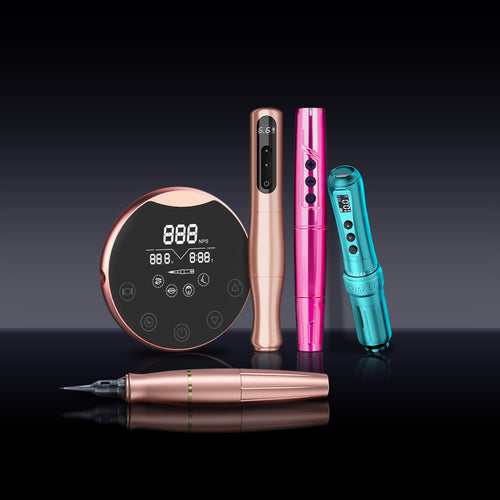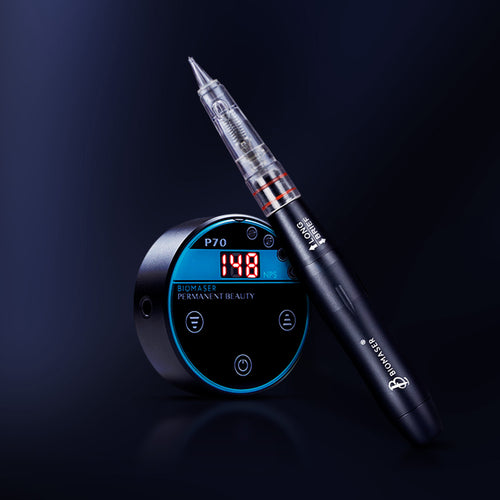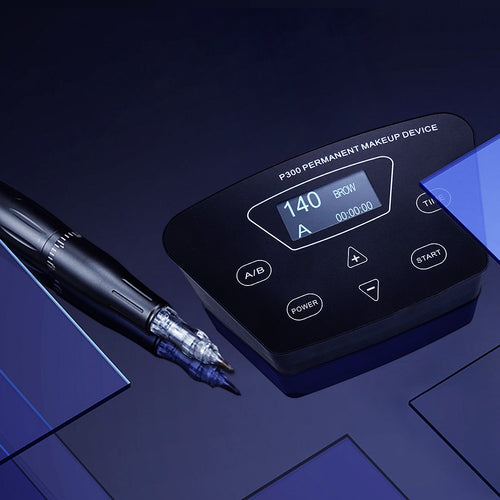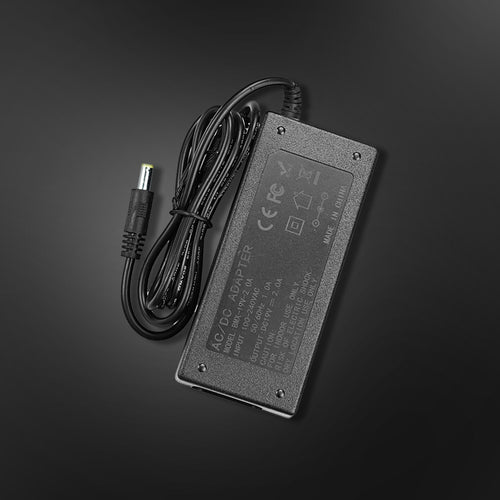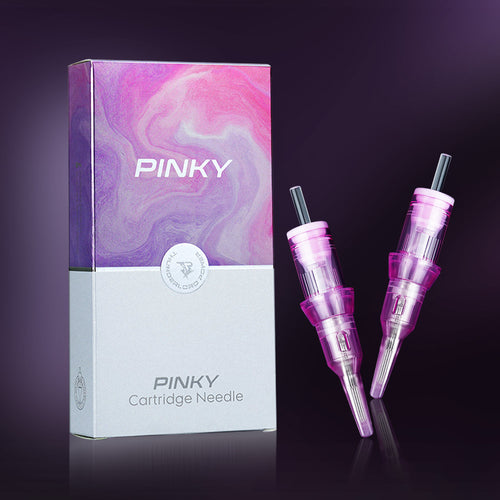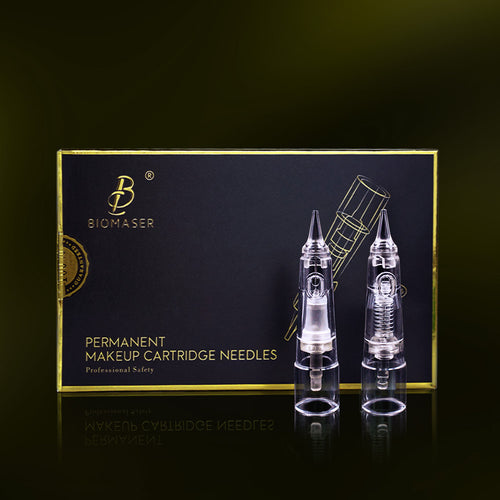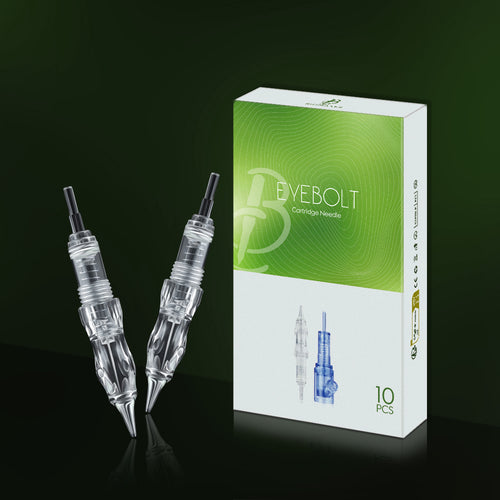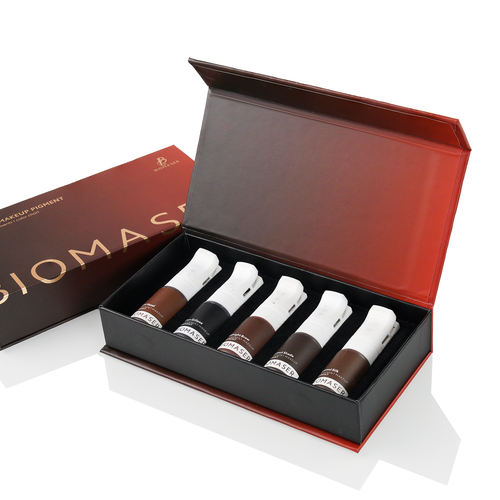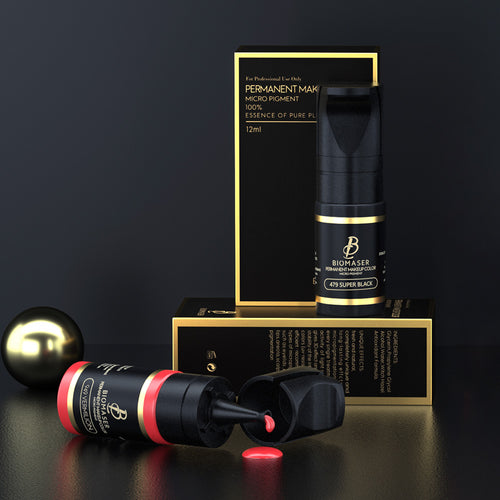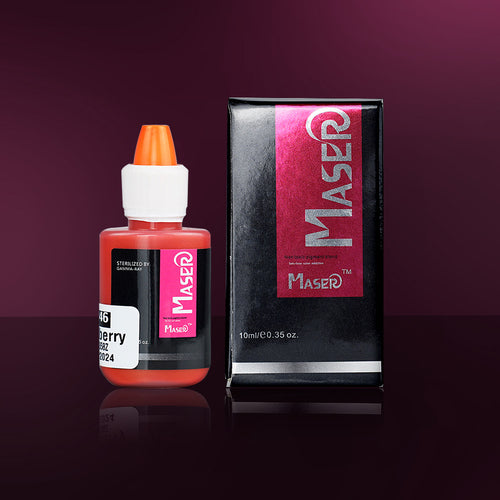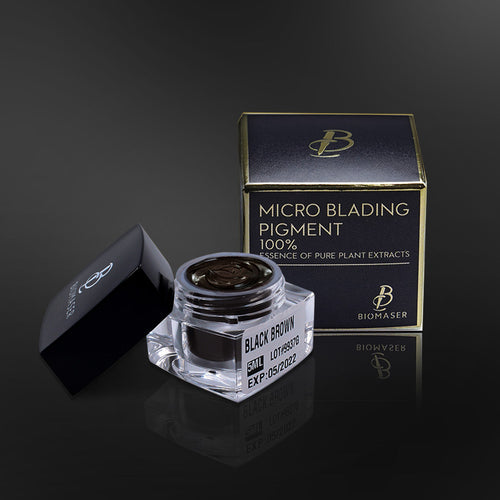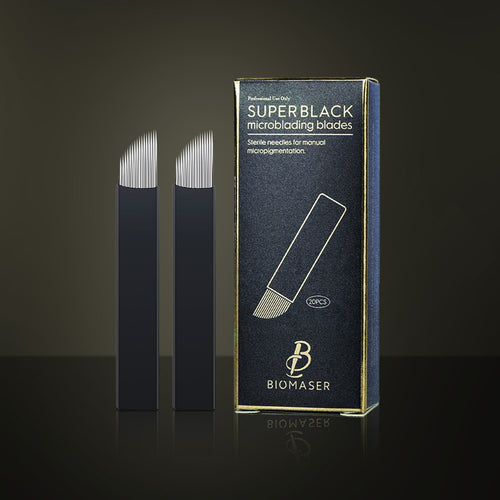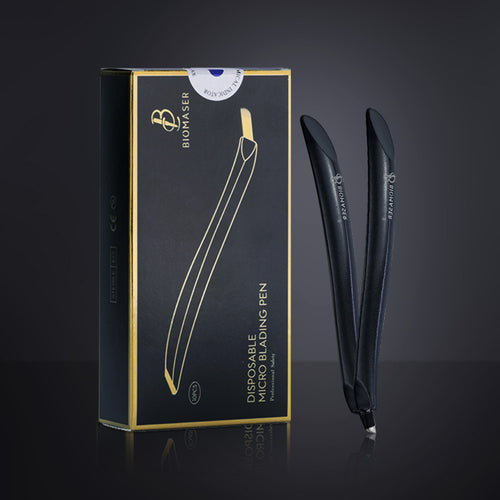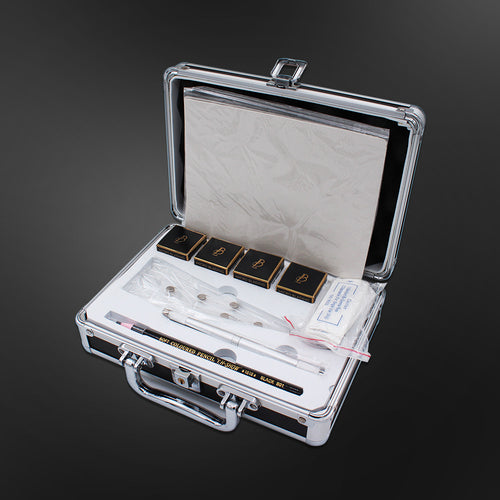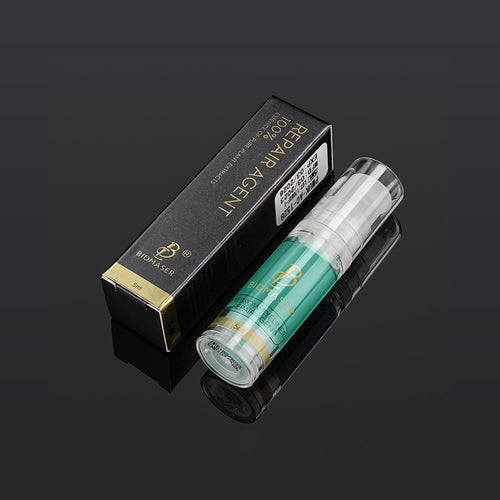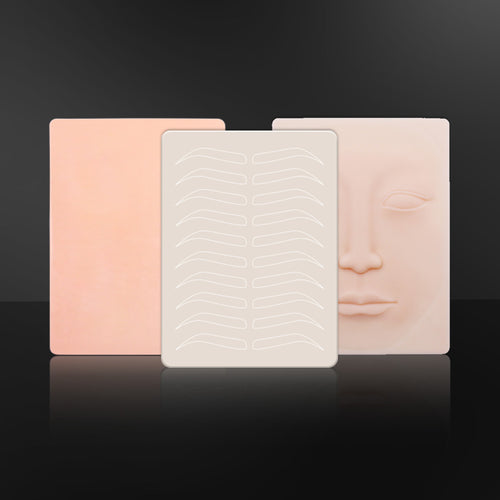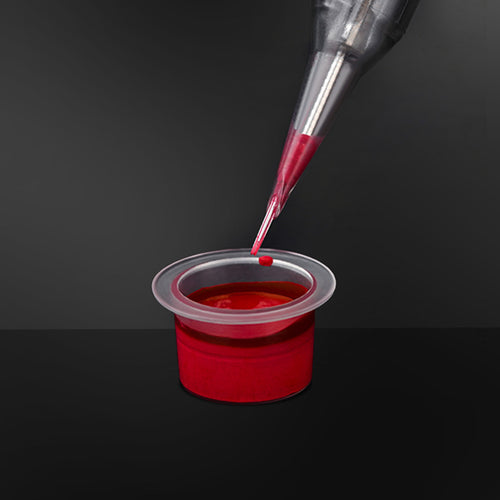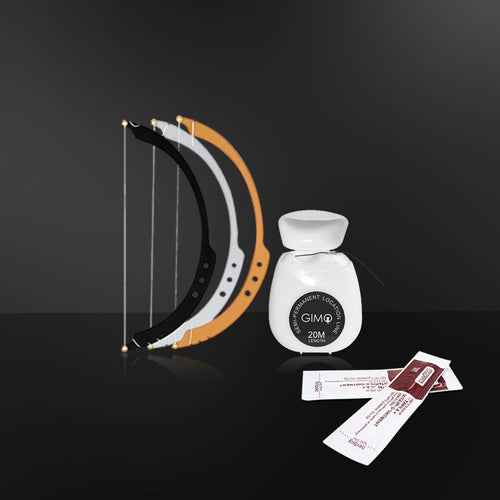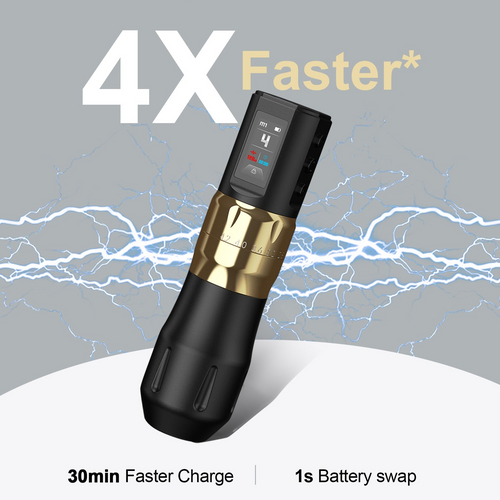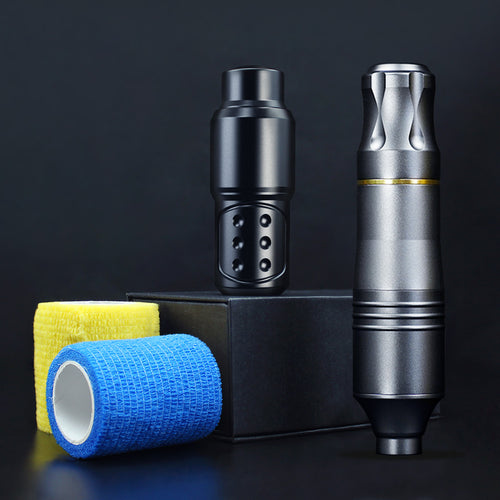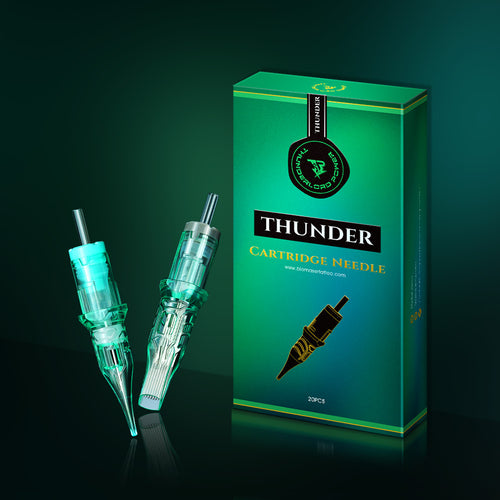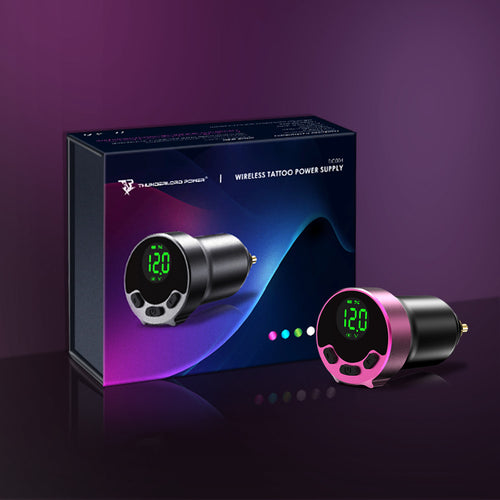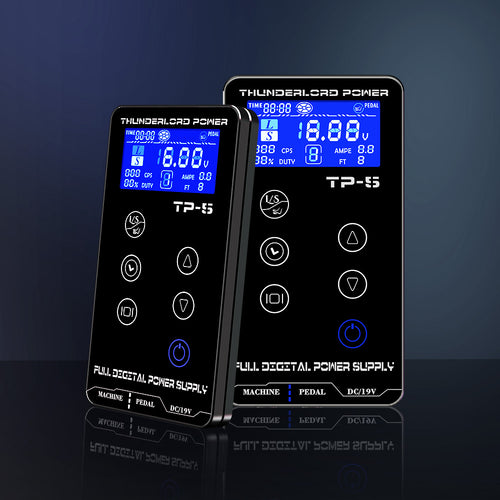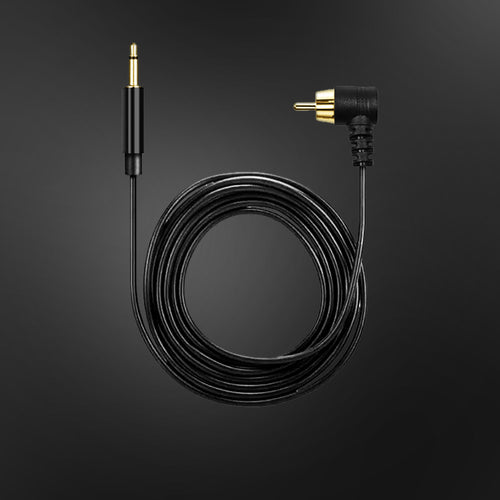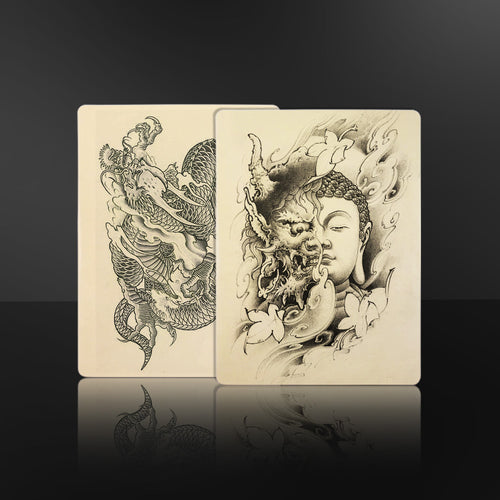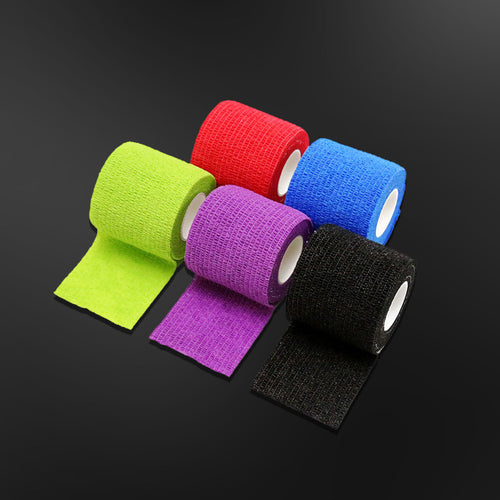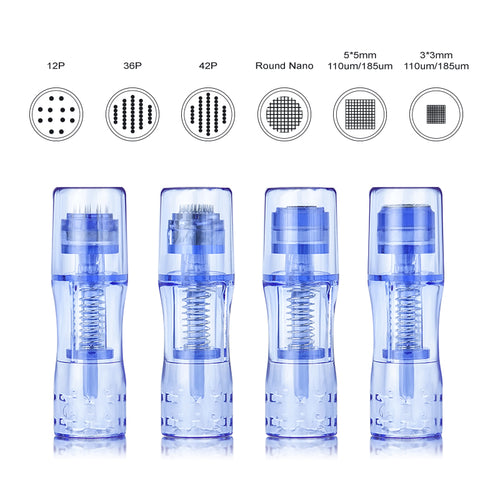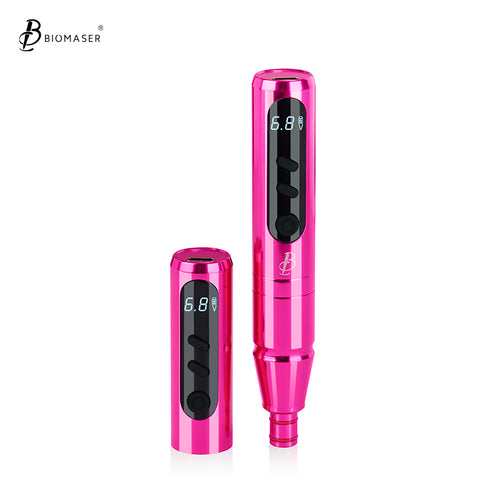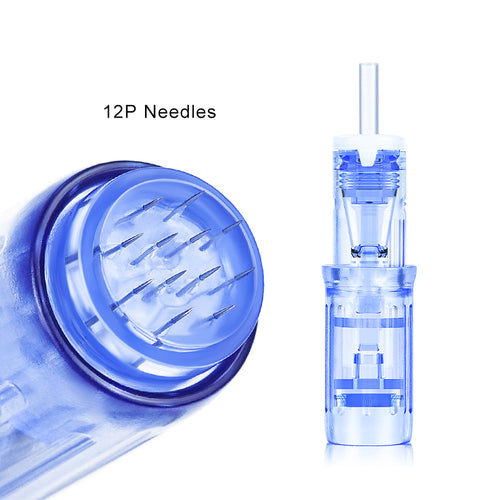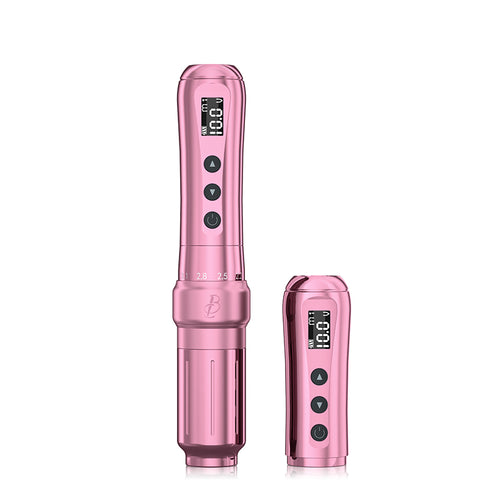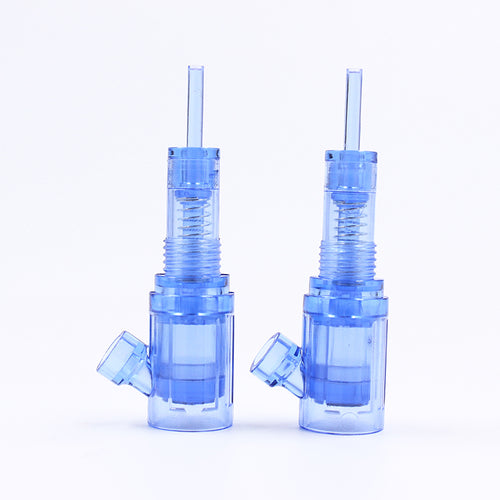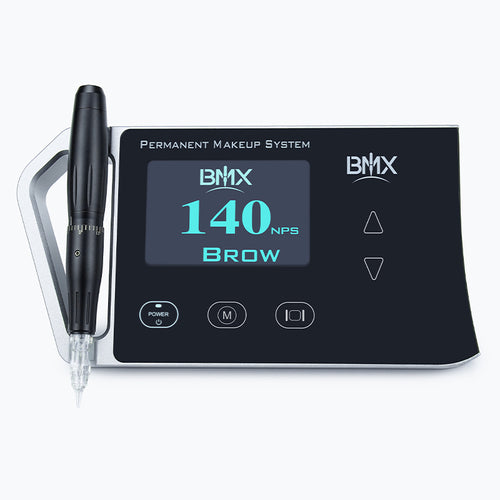What's the Difference Between Permanent Makeup and Tattoos?

Permanent makeup and tattoos are often conflated, but they are distinctly different types of body art. While both use pigments and needles for semi-permanent to permanent results, permanent makeup aims for subtle cosmetic enhancement, while tattoos provide bold artistic flair. From longevity to techniques, this article will unpack the major contrasts between the two so readers can decide which approach best suits their needs. By understanding the key differences, you can determine if delicate permanent makeup or eye-catching tattoos align better with your lifestyle and goals.
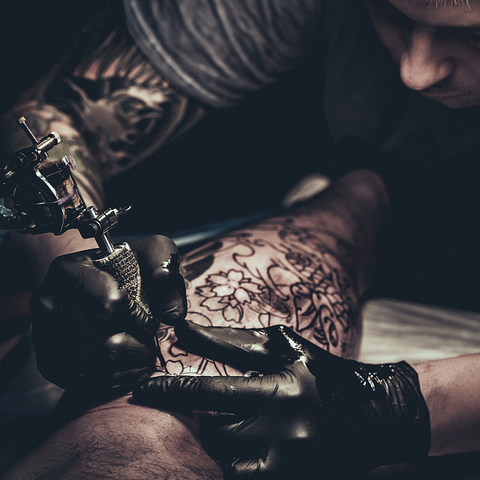
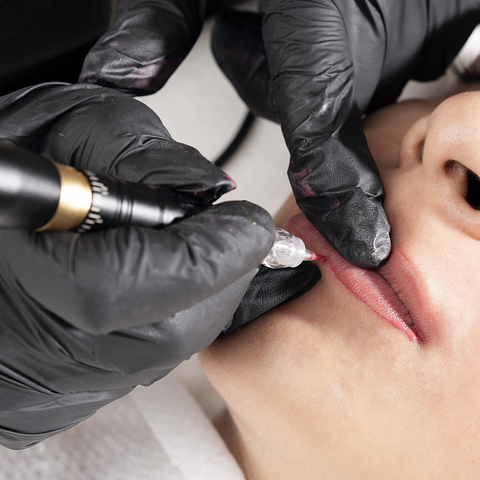
Permanent Makeup vs. Tattoos: Drastically Different Longevity
One major difference between the two is longevity. As implied by the name, tattoos are designed to permanently adorn the body for life with little fading. Tattoo artists use inks deposited into the deep dermis layer of skin for lifelong retention. However, permanent makeup pigments absorb at a more shallow depth, only lasting 1-5 years before fading. With proper touch-up appointments, the effects of procedures like microblading or lip blushing can look natural for years. But the permanence is nowhere near that of a traditional tattoo.
Those seeking permanent eyeliner or lip color have lasting options with permanent makeup. The pigments won't likely fully disappear for up to half a decade. Repeat visits every 1-2 years can maintain the desired appearance. If seeking body art that will remain vibrant for decades, tattoos are the best route. Their inks are implanted deeper and won't fade quickly. Tattoos may evolve over time, but won't fully disappear unless removed through laser treatments. For semi-permanent makeup that mimics the real deal, go with permanent makeup. But tattoos can't be beat for lifelong visual impact.
Purpose and Function: Cosmetic Enhancement vs. Artistic Decoration
The intended purposes behind permanent makeup versus tattooing also diverge. Permanent makeup aims to subtly enhance natural facial features. The goal is to look polished and put together while retaining a natural look. Whether defining eyebrows, adding lip color, or enhancing eyes, the effects should be understated. Tattoos provide decoration or make bold artistic statements. There are endless colors, sizes, and designs to create unique body art. Tattoos allow deep personal expression.
Those seeking a confidence boost from always looking made up with minimal effort will appreciate permanent makeup's approach. It saves time on regularly filling in eyebrows or reapplying lipstick. The soft, gentle look simply provides an enhanced version of one's natural beauty. Tattooing offers much more flair for the adventurous who want to decorate their bodies with meaningful tattoos. For subtle cosmetic boosts, permanent makeup wins. But tattoos take the prize for impactful artistry and self-expression.
Techniques and Equipment: Finesse vs. Force
The tools and techniques between permanent makeup and tattooing diverge as well. Permanent makeup utilizes handheld devices with fine rows of tiny needles, sometimes with a single needle. The pigment is precisely implanted in the epidermal-dermal junction. Tattoo artists rapidly drive heavier-weighted tattoo machines with larger groupings of needles into the deep dermis.
This precision shows permanent makeup takes finesse and specialized skills. The goal is to replicate delicate makeup with a soft touch. Heavier tattoo machines make bolder impressions. Permanent makeup training ensures artists have mastered the nuanced techniques. Tattoo apprenticeships revolve around depth, precision, and managing longer sessions. Each requires unique talents.
Those desiring natural-looking facial enhancements are better off with a permanent makeup artist's gentle approach. Precision and subtly are demanded. For large decorations or vibrant colors, a tattooist's skills suit better. Their heavy-handed methods embed inks deeply. It's about elegance versus boldness.
Pain and Healing: Minimal Discomfort with Permanent Makeup
Because permanent makeup only penetrates the epidermal-dermal junction, there is significantly less pain compared to body art tattoos. The needles pierce shallower and with less force. Mild to moderate discomfort may occur but can be mitigated with anesthetics. Tattoo sessions can be quite painful thanks to the repeated deep needle punctures.
Furthermore, permanent makeup carries lower risks of infection due to minor skin penetrations. Healing takes around 1 week, faster than the weeks-long healing of many tattoos. The more intense tattoo process may also require special ointments during healing. For those with low pain tolerance or who scar easily, permanent makeup is the wiser option. Tattoos are better suited for those unbothered by some degree of pain and slow healing.
Regulations and Safety Protocols Differ
Permanent makeup application falls under cosmetology regulations with strict health, safety, and hygiene rules. Reputable studios adhere to sanitization guidelines and only use properly licensed technicians. Tattoo studios must follow separate tattoo-specific protocols. However, both permanent makeup and tattoo studios in good standing undergo oversight ensuring consumer protections are in place. It's always advisable to double-check licensing regardless of which body art service you seek.
Conclusion
While permanent makeup and tattoos share some commonalities, from the longevity of results to regulations, they serve very different purposes and utilize distinct techniques. Being informed on the contrasts allows consumers to best select which body art form aligns with their beauty goals and lifestyle needs. Permanent makeup excels at providing natural facial enhancement for those seeking a subtle boost. Tattoos reign supreme for artistic experimentation and bold decorative flair.
